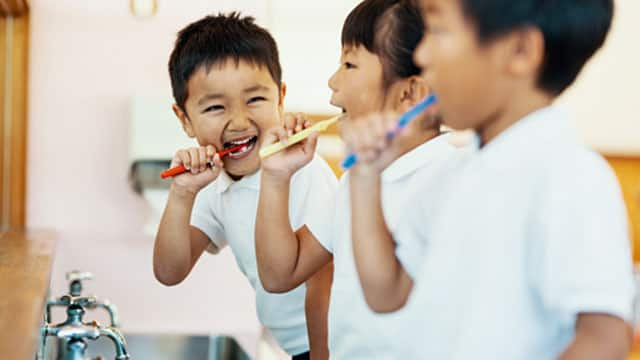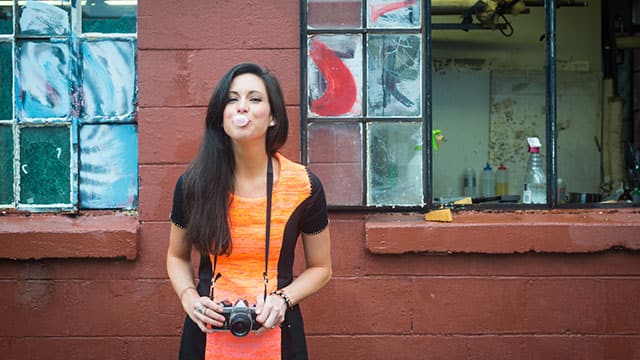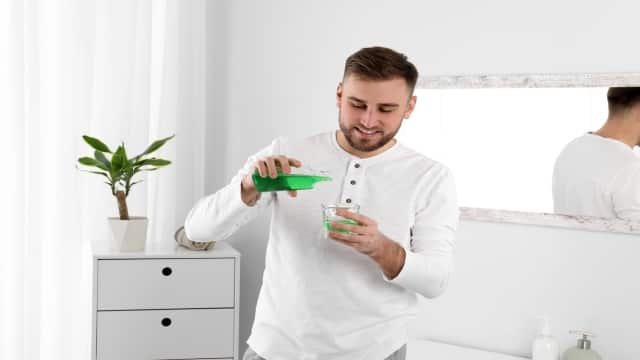What to Look for in a Kids Toothbrush
No matter how old your child is, you want their toothbrush to fit comfortably in their mouth and be easy to hold and manipulate. Choose a toothbrush with soft bristles made of a round-ended or "polished" — these bristles clean kids' teeth well without being rough on their gums. Ensure the children's toothbrush appeals to their tastes, so it's fun to use every day and night.
Toothbrushes for Babies
You can start your child's oral hygiene routine a few days after birth by wiping their gums with a damp cloth or gauze after feedings. Once the first tooth erupts, use a toothbrush with a tiny head designed to fit inside your baby's mouth. Brushing your baby's mouth will keep their gums clean and help acclimate them to twice-daily teeth brushing routine.
Toothbrushes for Toddlers
By the age of two, your toddler probably wants to participate in teeth brushing time. Toddler toothbrushes have small heads and large handles with soft grips that are easy for little hands to hold. At this age, your tot hasn't developed the control to brush his or her teeth effectively, but he or she can take a turn after you.
Toothbrushes for Ages 5 to 8
Your child is getting ready to be independent about their dental care between five and eight. Toothbrushes for kids this age have slimmer handles than toddler toothbrushes to suit a child's more dexterous grip and larger jaws. Some are specially designed for children who have a combination of baby teeth and adult teeth. Though young children can develop the skills needed to clean their teeth effectively, they still require supervision as they brush.
Toothbrushes for Ages 8 and Up
By age eight, kids can brush their teeth themselves. Their toothbrushes look similar to adult products but still have slightly smaller heads and larger handles. Both powered and manual toothbrushes are appropriate for preadolescent children. Although the American Dental Association (ADA) suggests that both types can equally clean teeth and gums, powered toothbrushes may make the process easier for some children.
Personalizing Your Kid's Toothbrush
When searching for the right toothbrush for your kid, don't just think about the right features. A toothbrush personalized to your child's unique interests will make teeth brushing more fun and encourage lifelong oral care habits. Help your child love his or her toothbrush with these tips:
- Let them choose. The store has a wide variety of toothbrush colors and characters. Once you find the right size for them, give them an option between red or green, pirate, or princess.
- Use those stickers. You can also make personalizing their toothbrush your next craft project. Purchase a plain toothbrush and some fun stickers and let your child decorate however they wish. Stickers can be a choking hazard for toddlers, so make sure they are firmly attached and frequently check to make sure they aren't coming loose.
- Time to paint. If you aren't afraid to get a little messy, they can also paint their toothbrush. Use non-toxic tempera paints and a small brush to add dots, swirls, or even their name to the toothbrush. Make sure the paint completely dries before use.
Putting Your Kid's Toothbrush to Use
Kids' toothbrushes are essential to good oral health care, but only buying the right toothbrush doesn't guarantee they will have clean, healthy teeth. Toothbrushes should be used twice a day, so use these tips to teach your child how to brush their teeth effectively. When the bristles fray and no longer stand up straight or after three months — whichever comes first — it's time to buy a new toothbrush.
Buying the right toothbrush for your kids isn't only about making sure they have clean teeth and gums; it's about setting up good oral health habits that will last a lifetime. Follow the age range guidelines on the packaging and involve your children in choosing and personalizing their new toothbrush. They will have a toothbrush that fits their mouth well, is comfortable to hold, and that they love to use.
This article is intended to promote understanding of and knowledge about general oral health topics. It is not intended to be a substitute for professional advice, diagnosis or treatment. Always seek the advice of your dentist or other qualified healthcare provider with any questions you may have regarding a medical condition or treatment.
ORAL HEALTH QUIZ
What's behind your smile?
Take our Oral Health assessment to get the most from your oral care routine
ORAL HEALTH QUIZ
What's behind your smile?
Take our Oral Health assessment to get the most from your oral care routine















